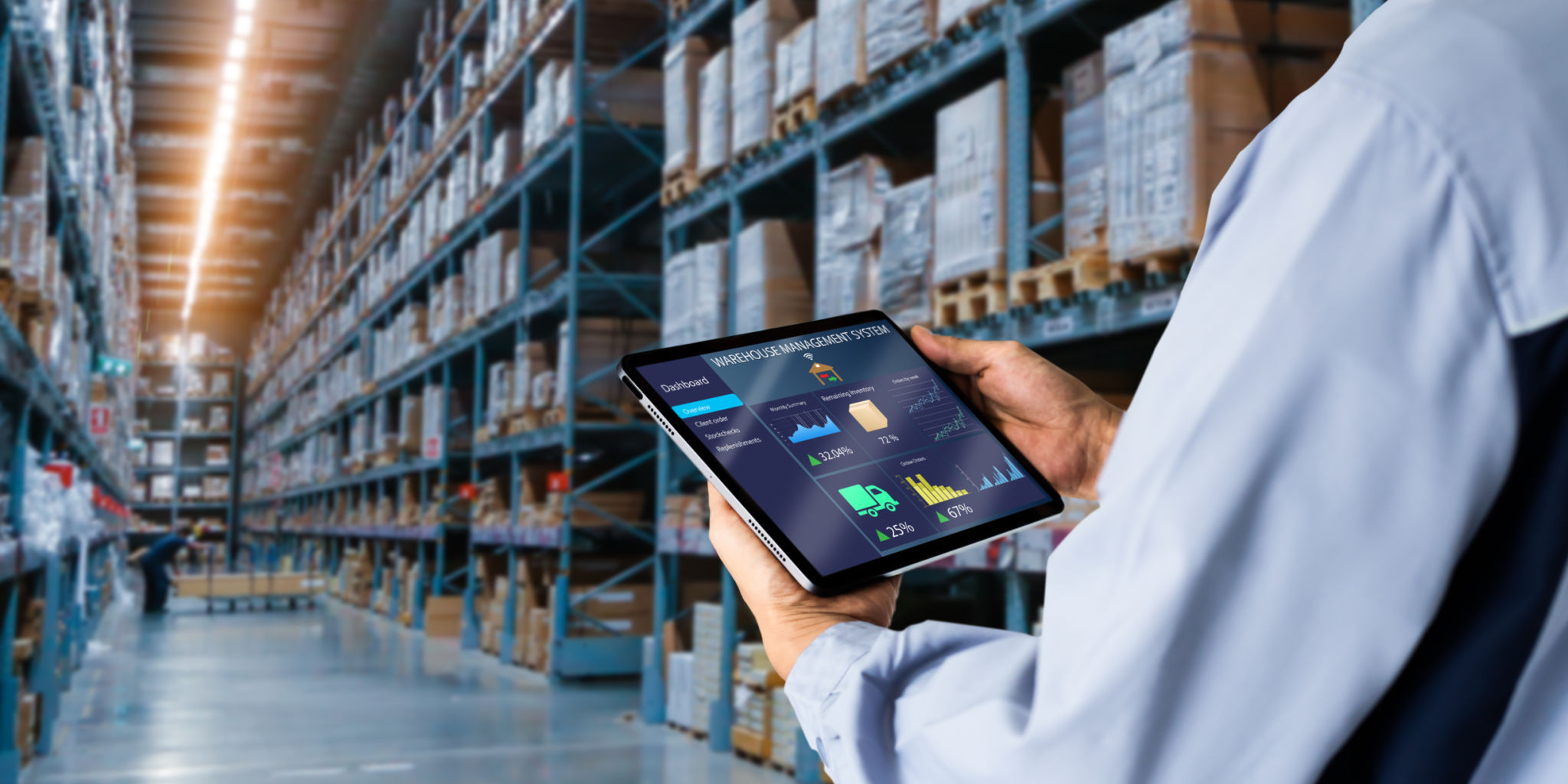Innovative Logistics Solutions: How Technology is Shaping the Future of Freight Services
The Rise of Technology in Logistics
The logistics industry has undergone a significant transformation over the past few years, driven largely by technological advancements. As freight services continue to evolve, companies are increasingly relying on innovative logistics solutions to streamline operations and improve efficiency. From automation to data analytics, technology is reshaping the future of freight services, offering numerous benefits that were previously unimaginable.
One of the most notable innovations in logistics is the use of automation. Automated systems are now being implemented to handle everything from warehouse management to transportation, reducing the need for manual labor and minimizing human error. This not only speeds up processes but also enhances the accuracy of operations. Additionally, automation can lead to significant cost savings, allowing companies to allocate resources more effectively.

Data Analytics and Predictive Modeling
Data analytics plays a crucial role in modern logistics, providing valuable insights that help companies make informed decisions. By analyzing vast amounts of data, businesses can identify patterns and trends that influence freight operations. Predictive modeling takes this a step further by forecasting future scenarios, enabling companies to optimize routes, manage inventory levels, and anticipate potential disruptions.
The integration of data analytics in logistics allows for real-time tracking and monitoring of shipments. This level of transparency not only improves customer satisfaction but also enhances supply chain visibility. With access to real-time data, companies can respond quickly to any issues that may arise, ensuring timely delivery and reducing the risk of delays.

Internet of Things (IoT) in Freight Services
The Internet of Things (IoT) is another technological advancement shaping the future of freight services. By connecting devices and sensors throughout the supply chain, IoT technology enables seamless communication and data exchange between various components. This connectivity allows for better coordination and control of logistics operations.
IoT devices can track the location, temperature, and condition of goods in transit, providing real-time updates to both logistics providers and customers. This not only enhances the security of shipments but also ensures that products arrive in optimal condition. Moreover, IoT technology can help reduce energy consumption and optimize resource utilization, contributing to more sustainable logistics practices.

The Impact of Artificial Intelligence and Machine Learning
Artificial intelligence (AI) and machine learning are transforming logistics by enabling smarter decision-making processes. These technologies can analyze complex datasets to uncover insights that would be impossible for humans to discern manually. As a result, AI-powered systems can optimize supply chains by predicting demand fluctuations, suggesting efficient routes, and managing inventory levels.
Machine learning algorithms also improve over time as they process more data, leading to continuous enhancements in logistics operations. By leveraging AI and machine learning, companies can stay ahead of competitors by quickly adapting to changes in the market and implementing proactive strategies.

The Future of Freight Services
As technology continues to advance, the future of freight services looks promising. Companies that embrace innovative logistics solutions will be better positioned to meet the evolving demands of the global market. By harnessing the power of technology, businesses can achieve greater efficiency, reduce costs, and enhance customer satisfaction.
Ultimately, staying up-to-date with technological trends is crucial for logistics providers looking to maintain a competitive edge. By investing in automation, data analytics, IoT, and AI, companies can ensure their supply chains are agile, responsive, and capable of meeting the challenges of tomorrow.
